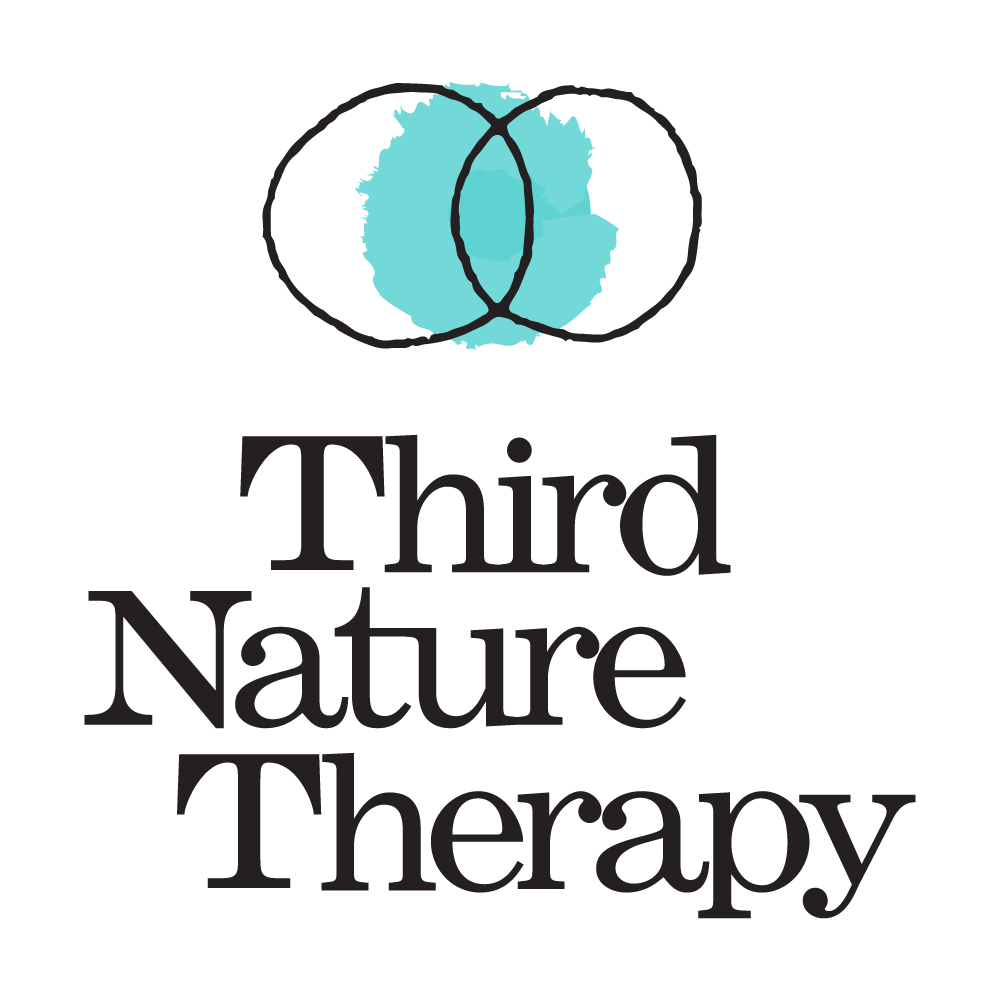Wine About It
My neighbor recently put up a new summer flag: a giant glass of wine with the following words in large font underneath, “Wine about it; it’ll help.”
I live on one of the most trafficked streets in Denver, blocks away from one of Denver’s best high schools and a brand-new recreation center. Families see the flag. People driving to and from work see the flag. But most of all, high schoolers going to and from school each day see the flag—the same high school with strict underage drinking rules and, at the same time, one of the highest underage drinking rates in the city.
Every time that youth see this sign, they’re being encouraged by adults in their community to drink wine (or vodka, or beer, etc.) to deal with their problems and learn to cope outside of themselves. Teenagers want to emulate those older than them. Yet, they can’t legally drink until they are 21/ What happens until then? They “learn” to cope with their issues without using substances (without adequate mental health resources), and then when they’re 21, they are gifted the joy of alcohol—the supposed cure to all our problems.
This is problematic for so many reasons. Don’t get me wrong—I think alcohol does have some benefits. One or two drinks can give the user a slight buzz, which can give them confidence, more energy, and a sense of outward attention (more on the side effects in an upcoming post). It’s a drug. And because it’s a drug, it works. But I certainly do not want to take Tylenol every day because I get headaches around 3 p.m., even though I know it’ll work. Instead, I want to drink more water, get better sleep, and look at screens less. Sometimes, I’ll need Tylenol, but what I’m really interested in is why I’m getting headaches in the first place.
The same goes for drinking. People need to talk about their problems, connect, and feel social. And yes, alcohol helps them do that, but I surely don’t want to use alcohol every day to do it. And I certainly don’t want the teenagers of today to get the message that they do, either. I want them to learn to cope on their own and use resources within themselves and their community, so they become confident, vibrant, and healthy adults without the aid of drugs or alcohol.
Let’s stop making drinking our go-to coping mechanism. It can still be a coping mechanism, but I wish I could put ten other flags next to my neighbor’s labeled “Get better sleep,” “Go outside,” or “See a therapist,” right next to that big glass of wine.
If you are looking for support in building healthier coping skills, we offer individual substance abuse counseling sessions to help you build a relationship with the substances you want and deserve. Reach out today to set up a free consult call.

